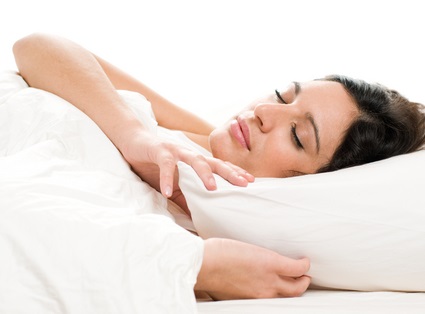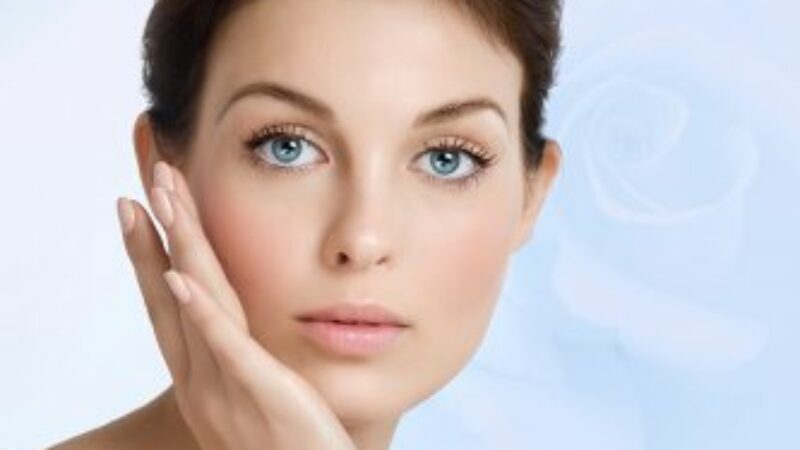You have probably observed that when life gets too busy, it shows in your skin, rather like a stress indicator. Depending on the strength of your immune system and genetic predispositions, major life changes as well as smaller but challenging incidents can trigger visible changes in your skin. Is your largest organ sending you a message about your stress levels?
Stress is a natural, even essential, part of life, but sustained stressful experiences can have a negative effect on your well-being. Biologically, stress stimulates the immune system through regulatory hormones such as cortisol. Cortisol eases the impact of stress in the short term, but over time enhanced cortisol levels lead to premature aging. That’s because cortisol breaks down the collagen in your skin. Cortisol is also the reason why many people who experience skin dysfunctions such as eczema or psoriasis see flare-ups when stress levels are high.
Stress can set off hives as well. For those of us with higher than average levels of histamine in our system, stress can trigger an outbreak of these itchy, burning red bumps, episodes of which can recur for months on end.
Recognizing and addressing the signs of stress in your skin before they become detrimental to your well-being is important . Decreasing stress will not only show on your skin but will also reap benefits for your overall health. Here are six ideas to help get you started:
- Eat mindfully. That means leafy greens, lean protein, and healthy fats. Get your blood tested for deficiencies if you feel out of balance but don’t know why. Your body will thank you for the immunity boost!
- Sleep. Maybe we’re starting to sound like your mother here, but have you been getting your beauty rest? Make a healthy night’s sleep your priority. Sleep-deprived skin often shows up as lackluster with dark shadows under the eyes and cold sores and inflammation. This includes acne breakouts and dermatitis.
- Stop smoking and limit or eliminate alcohol. Both have been shown to compromise your immune system as well as degrade the appearance of your skin. Smoking deprives the skin of oxygen while byproducts of tobacco in the body can precipitate the breakdown of collagen and elastin, leading to sagging and more wrinkled skin. Alcohol has a generally dehydrating effect on the body, including the skin.
- Take time out. Set an alarm for one or more periods a day to relax for a few minutes. Have a plan so you can look forward to your little break. If you have the opportunity, take a vacation. There’s plenty of anecdotal evidence that skin conditions like rosacea, acne, eczema and psoriasis are noticeably improved after a holiday.
- Stick like glue to your skin care regimen. When you let your routine fall by the wayside, not only are you depriving your skin of its prescribed care, but you are also missing out on those soothing rituals which offer structure and a sense of well-being. Believe it or not, during times of stress, sticking to a well-established routine gives you a sense of control when other things may seem to be in a state of turmoil.
- Exercise. Yoga, running, even walking the dog, all have direct stress-relieving benefits. Exercise and other physical activity produce endorphins, the body’s natural painkiller. The release of endorphins also leads to a boost in mood and feelings of well-being. It’s a natural way to feeling happier.





Hi,
It is really important to take good care of our skin because this reflects on the way we live. If your skin is healthy, that means you are living a healthy life. I always perform things you suggested and it is really great to experience such things every day. Thank you for the informative post.